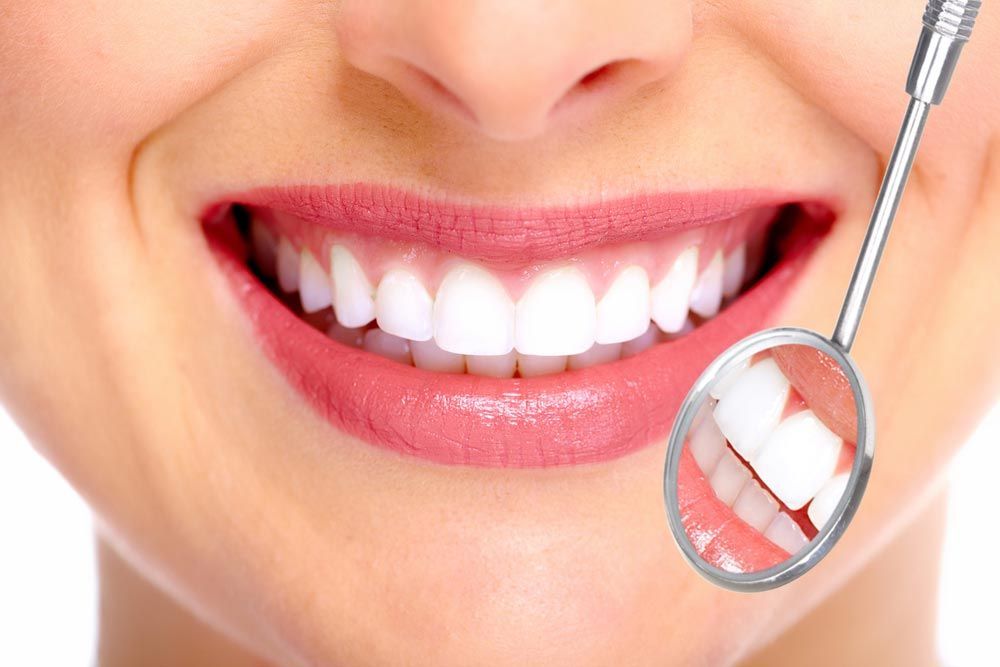Essential Vitamins For Healthy Teeth & Gums
Maintaining optimal oral health goes beyond regular brushing and flossing. While many people focus solely on external oral hygiene practices, the internal nutritional support for teeth and gums is equally important in preventing dental issues and
maintaining overall oral health. Nutrition plays a crucial role in supporting strong teeth and healthy gums, with specific vitamins and minerals acting as building blocks for dental wellness. In this blog, we’ll explain how these essential nutrients contribute to oral health.
Vitamin D & Calcium
Vitamin D is a powerhouse nutrient for dental health, acting as a critical facilitator for calcium absorption and bone metabolism. Without adequate vitamin D, the body may struggle to effectively incorporate calcium into tooth enamel and jawbone structure. Individuals with low vitamin D levels may be more susceptible to tooth decay, periodontal disease, and weakened dental structures.
The synergy between vitamin D and calcium is fundamental. Calcium provides the primary mineral component of tooth enamel, creating a hard, protective layer that resists bacterial erosion. Consuming calcium-rich foods like dairy products, leafy greens, and fortified plant-based alternatives can contribute to maintaining tooth mineralisation and overall dental strength. Beyond dietary sources, sunlight exposure remains a crucial factor in vitamin D production, making outdoor activities and moderate sun exposure important for maintaining optimal dental health.
Vitamin C
Vitamin C plays an important role in maintaining healthy gum tissue and supporting the body's natural healing processes. As a powerful antioxidant, it can help combat inflammation and support collagen production, which is essential for maintaining the structural integrity of gum tissues. Individuals with vitamin C deficiencies may experience increased gum sensitivity, bleeding, and a higher risk of periodontal disease.
Benefits of vitamin C for oral health may include:
- Strengthening blood vessels in gum tissue
- Reducing inflammation & supporting immune response
- Promoting faster healing of oral wounds
- Supporting collagen synthesis in connective tissues
- Protecting against oxidative stress that can damage oral cells
Interestingly, vitamin C's role extends beyond immediate oral health. Regular intake may help prevent long-term complications such as chronic inflammation and support the body's natural defence mechanisms against oral bacteria. Fresh fruits and vegetables like oranges, strawberries, bell peppers, and broccoli are excellent sources of this vital nutrient, making dietary diversity a key strategy for maintaining optimal oral health.
Vitamin K2
Vitamin K2 is a lesser-known but critically important nutrient for dental health. This vitamin plays a unique role in directing calcium to the appropriate locations in the body, specifically supporting tooth and bone mineralisation. By activating proteins that bind calcium, vitamin K2 helps ensure that minerals are deposited in teeth and bones rather than accumulating in soft tissues.
Vitamin K2 may help prevent tooth decay by supporting the remineralisation process. Foods like fermented dairy products, certain cheeses, and some organ meats are excellent sources of this vital nutrient. Vegetarians and vegans can explore fortified plant-based alternatives or consider targeted supplementation under professional guidance. The intricate relationship between vitamin K2 and dental health highlights the complex nutritional requirements for maintaining strong, healthy teeth.
Learn How Nutrition Impacts Your Smile
Consulting with a dentist is always recommended before making any significant dietary changes or starting a new oral health regimen. It can help ensure your oral health strategy is well-informed and tailored to your unique needs.
If you're looking to support your oral health through nutrition, the team at
Aspire Dental is here to provide guidance and support.
Our team can help you understand the dental vitamins required for strong teeth and healthy gums. By focusing on both prevention and maintenance, we strive to help you achieve dental wellness.
Get in touch with us today to learn more about vitamins for teeth.









